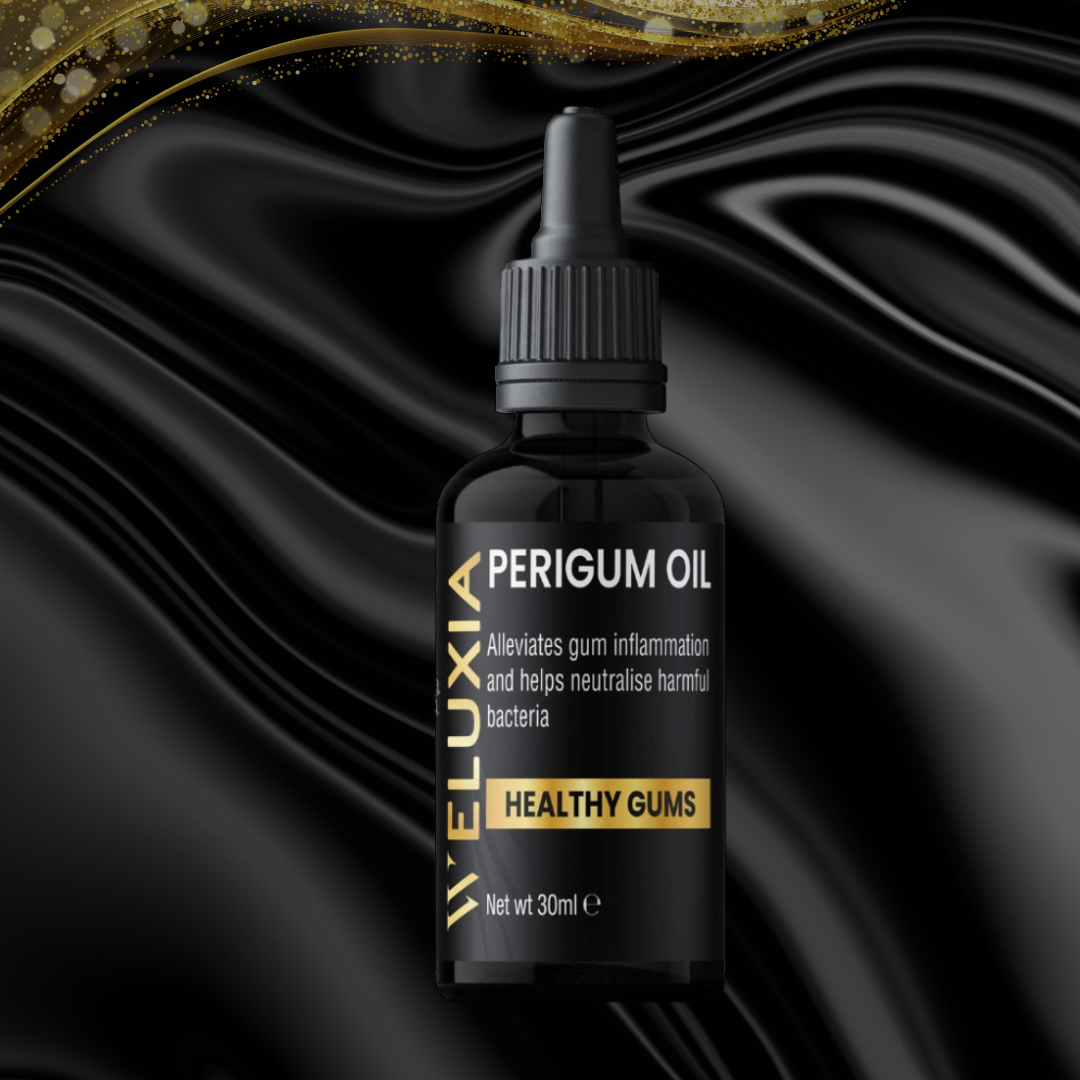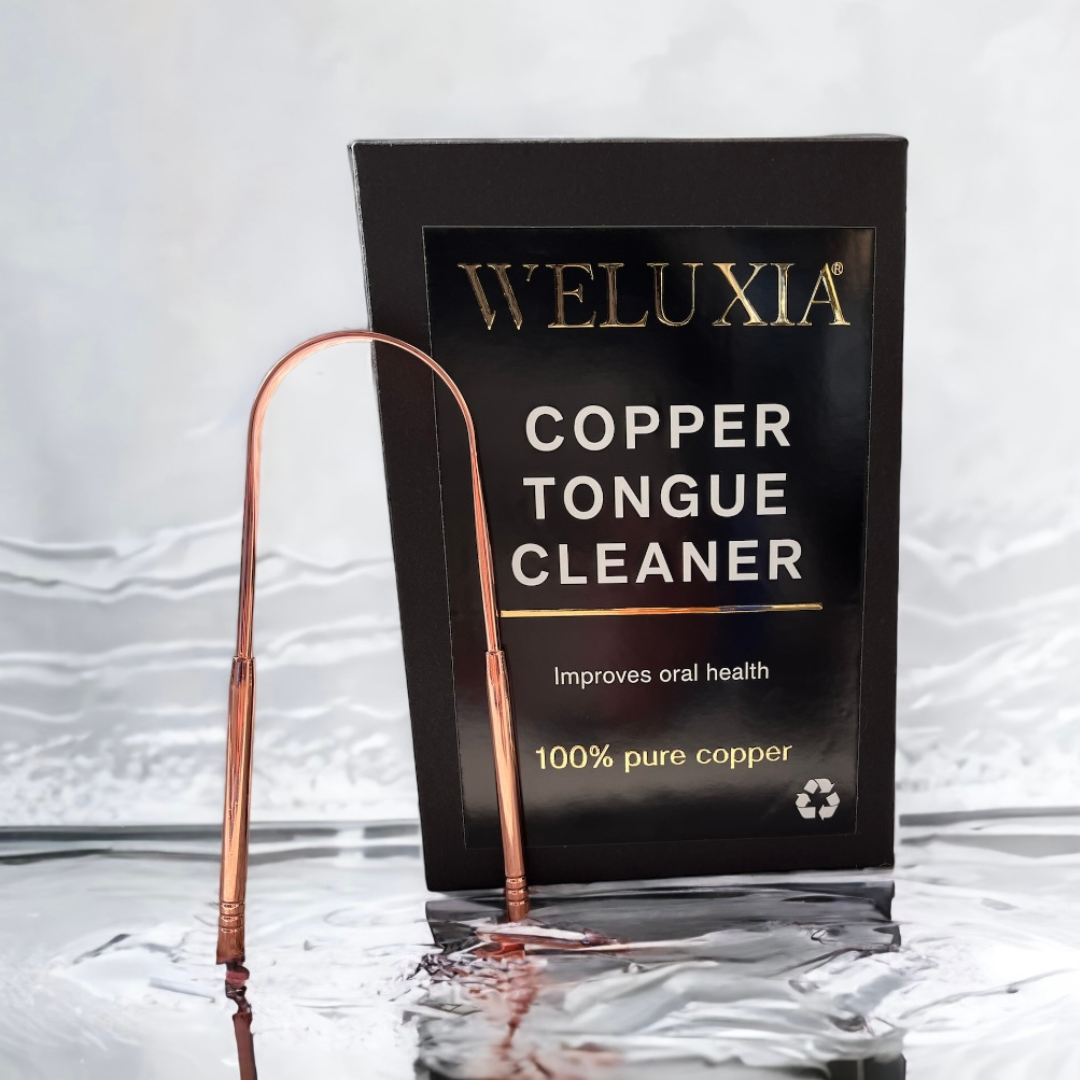Hydroxyapatite vs. Fluoride
If you're concerned about maintaining strong and healthy teeth, chances are you've heard of fluoride. But have you heard of hydroxyapatite? Both these minerals play a vital role in promoting oral health. In this article, we'll compare hydroxyapatite vs. fluoride to help you understand how they work and which one is better for your teeth.
Taking care of our teeth is paramount, and choosing the right toothpaste plays a crucial role in maintaining optimal oral health. The age-old debate between fluoride and the newer hydroxyapatite toothpaste has left many wondering which one truly reigns supreme in enamel repair. In this article, we delve into the world of toothpaste to explore the benefits of hydroxyapatite and compare it with traditional fluoride options, shedding light on their efficacy in promoting remineralization and inhibiting dental caries. Get ready to challenge conventional wisdom as we unravel the truth about the superior toothpaste for enamel health.
How Fluoride Toothpaste Works
Fluoride toothpaste plays a pivotal role in oral health by leveraging the power of fluoride to protect and strengthen teeth. During regular brushing, fluoride interacts with calcium and phosphate in saliva and teeth, leading to the formation of fluorapatite—a protective compound.
This fluorapatite compound effectively covers demineralized enamel, facilitating the remineralization process and restoring teeth strength. By promoting remineralization, fluoride toothpaste aids in repairing and shielding the enamel, acting as a barrier against acid attacks and reducing the risk of dental caries.
However, fluoride toothpaste has its limitations. Its effectiveness is pH-dependent, performing best in an alkaline environment. Additionally, optimal results require the presence of bioavailable calcium and phosphate ions. While effective in surface remineralization, it may not fully restore enamel in deeper layers.
The Mechanism of Hydroxyapatite Toothpaste
Hydroxyapatite toothpaste, a safe and effective alternative, works by remineralizing enamel from within, specifically targeting the innermost part of dental cavities. This innovative toothpaste fills enamel fissures caused by demineralization, ensuring comprehensive restoration. Notably, hydroxyapatite possesses the ability to bind to plaque and harmful bacteria, promoting oral health and preventing dental caries.
Research indicates that nano-hydroxyapatite, with particle sizes ranging from 20 to 80 nanometers, exhibits superior penetration capabilities, reaching even the smallest spaces within enamel structures. This results in enhanced remineralization benefits and improved repair of enamel fissures.
Unlike fluoride toothpaste, which forms a coating on demineralized enamel, hydroxyapatite toothpaste fortifies enamel itself. By incorporating hydroxyapatite into the enamel structure, it strengthens and reinforces teeth, offering long-lasting protection.
How Does Hydroxyapatite Toothpaste Strengthen Teeth through Remineralization?
When teeth are exposed to acidic substances found in food and beverages, the minerals in the enamel begin to dissolve, leading to tooth decay and erosion. Hydroxyapatite toothpaste remineralizes the teeth by filling in the microscopic gaps created during this process, thus restoring the strength and integrity of the enamel.
Unlike other dental restoration methods that rely on synthetic compounds, hydroxyapatite is a natural mineral that works in harmony with the natural processes occurring in the mouth, making it a safe and effective choice for promoting dental health.
The Benefits of Using Hydroxyapatite Toothpaste
Hydroxyapatite offers a range of benefits for dental care, including:
- Enamel Repair: Hydroxyapatite’s ability to remineralize the teeth can help repair damaged enamel and prevent further deterioration.
- Sensitivity Reduction: Hydroxyapatite can reduce tooth sensitivity by strengthening the enamel and protecting it from external stimuli.
- Natural and Safe: As a naturally occurring mineral, hydroxyapatite is a safe and effective choice for dental care, with no known adverse effects.
By incorporating hydroxyapatite into your dental care routine, you can enjoy stronger, healthier teeth that are less prone to decay and erosion, giving you the confidence to smile brightly for years to come.
The Role of Fluoride
Fluoride is an essential mineral in dental care that helps prevent tooth decay and cavities. It works by strengthening the enamel of teeth and making it more resistant to acid attacks from harmful bacteria in the mouth.
When sugars and starches from food and drinks remain on teeth, bacteria forms and produces acid that can wear away the tooth enamel. Over time, this can lead to cavities and tooth decay..
Fluoride is commonly found in many dental products, including toothpaste and mouthwash.
Hydroxyapatite vs Fluoride: How Do They Work?
Hydroxyapatite and fluoride are both protecting and strengthening teeth in slightly different ways:

Benefits of Hydroxyapatite Toothpaste
Hydroxyapatite toothpaste is a powerful addition to your dental care routine, offering numerous benefits to promote healthy teeth. It has been found to help repair damaged enamel caused by acid erosion or other factors, restoring the tooth’s integrity and preventing further damage. Additionally, hydroxyapatite can help reduce tooth sensitivity, making it an ideal choice for those who experience discomfort when consuming hot or cold substances.
One of the most significant advantages of hydroxyapatite is its ability to enhance the strength of the teeth. By remineralizing the tooth enamel with vital minerals, hydroxyapatite creates a stronger, more resilient surface that can withstand the wear and tear of everyday use. This improved durability also means that teeth are less likely to chip, break, or crack, even under extreme stress.
Beyond its physical benefits, hydroxyapatite also offers antimicrobial properties that may help in preventing tooth decay and gum disease. By inhibiting the growth and spread of harmful bacteria in the mouth, hydroxyapatite promotes a healthier oral environment and reduces the risk of developing these common dental issues.
Hydroxyapatite Toothpaste Benefits Summary:
- Repairs damaged enamel
- Reduces tooth sensitivity
- Enhances strength and durability
- Offers antimicrobial properties to prevent tooth decay and gum disease
Choosing the Right Option for You
When it comes to protecting your teeth and maintaining good dental care, choosing between hydroxyapatite or fluoride can be a difficult decision. Both of these substances have their own unique benefits and offer excellent protection.
Weluxia Hydroxyapatite Toothpaste works to remineralize the tooth enamel and repairs damaged enamel. It can also reduce tooth sensitivity and enhance the overall strength of the teeth, while also having antimicrobial properties that may help in preventing tooth decay and gum disease. On the other hand, fluoride has been praised for its ability to prevent cavities, inhibits the growth of plaque bacteria and aids in remineralizing the enamel.
To determine the best option for your dental care needs, it may be helpful to consult with your dentist. They can evaluate your individual needs and determine which option would work best for you. Additionally, it’s important to maintain consistent dental care practices, such as brushing and flossing daily, using a fluoride toothpaste and visiting your dentist for regular check-ups and cleanings.
The Importance of Consistent Dental Care
Keeping up with good dental care practices is crucial for maintaining healthy teeth and gums. Whether you choose to use hydroxyapatite or fluoride, creating a consistent oral hygiene routine is essential for promoting optimal dental health. This includes:
- Brushing your teeth at least twice a day with a natural based toothpaste to remove any plaque or bacteria build up
- Flossing daily to remove food particles and debris from between your teeth
- Using an antibacterial agents if necessary.
In addition to a strict at-home dental care routine, it’s important to visit your dentist regularly for check-ups and cleanings. These appointments allow your dental health professional to identify any potential issues early on and prevent more serious problems from developing.
By maintaining consistent dental care practices, you can reduce your risk of tooth decay, gum disease, and other oral health issues. So, make sure to prioritize your dental health and keep up with routine dental care!
Conclusion
Overall, both hydroxyapatite and fluoride have vital roles in dental care and protecting your teeth. Hydroxyapatite helps repair enamel and reduce sensitivity, while fluoride prevents cavities.
It’s important to consider your individual needs and consult with your dentist to determine the best option for you. Regardless of your choice, it’s crucial to maintain good oral hygiene practices, such as daily brushing and flossing, as well as regular check-ups with your dentist. Remember, consistent dental care is key to ensuring optimal dental health!
FAQ
What is hydroxyapatite?
Hydroxyapatite is a naturally occurring mineral that makes up the majority of our tooth’s enamel. It helps to strengthen and remineralize the teeth, making them more resistant to decay and erosion.
What is the role of fluoride in dental care?
Fluoride is a mineral that has been used in dental care for many years. It helps to prevent tooth decay and cavities by strengthening the enamel and making it more resistant to acid attacks from bacteria in the mouth.
How do hydroxyapatite and fluoride work?
While both hydroxyapatite and fluoride work to protect and strengthen the teeth, they do so in slightly different ways. Hydroxyapatite works by remineralizing the tooth enamel, filling in any microscopic gaps and restoring its strength. Fluoride, on the other hand, strengthens the enamel by attracting calcium and phosphate ions, creating a stronger and more acid-resistant surface.
What are the benefits of hydroxyapatite?
Hydroxyapatite offers several benefits for dental care. It can help repair damaged enamel, reduce tooth sensitivity, and enhance the overall strength and integrity of the teeth. Additionally, it has been found to have antimicrobial properties, which may help in preventing tooth decay and gum disease.
How do I choose the right option for me?
When it comes to choosing between hydroxyapatite and fluoride for your dental care, it’s important to consider your individual needs. Both substances offer excellent protection and promote oral health, so it may be beneficial to consult with your dentist to determine the best option for you. Weluxia Hydroxyapatite toothpaste and hydroxyapatite toothpowders are great choices for teeth remineralisation.
How important is consistent dental care?
Regardless of whether you choose hydroxyapatite or fluoride, it’s crucial to maintain consistent dental care practices. This includes brushing and flossing daily, using a fluoride toothpaste, and visiting your dentist for regular check-ups and cleanings
Key Takeaways:
- Hydroxyapatite and fluoride are both crucial components in protecting teeth from decay and erosion.
- Hydroxyapatite helps to strengthen and remineralize tooth enamel, repairing damaged areas and reducing sensitivity.
- Fluoride aids in remineralization and cavity prevention, inhibits growth of harmful plaque bacteria, and strengthens enamel for better acid resistance.
- Consulting with your dentist can help determine which option is the best fit for your individual dental care needs.
- Regardless of which option you choose, consistent dental care practices and regular check-ups with your dentist are essential for maintaining optimal oral health.






